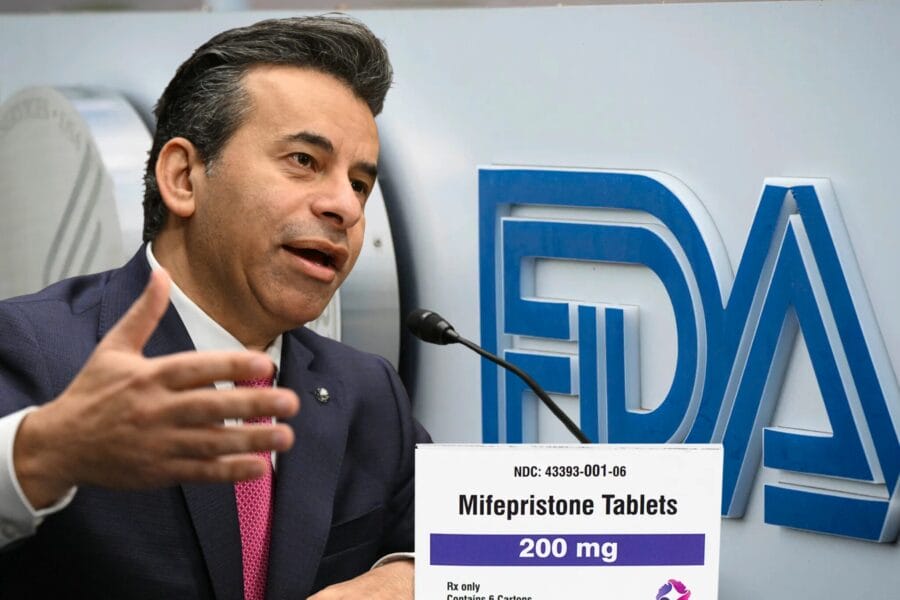The Kavanaugh Column reported yesterday that Christine Blasey Ford, the Palo Alto, California psychology professor who accuses Supreme Court nominee Brett Kavanaugh of assaulting her at a high school party when they were teenagers, had said through her attorney that Ford was prepared to testify under oath before the Senate Judiciary Committee. Committee Chairman Charles Grassley has set this coming Monday, September 24th as the date for that confrontation.
Today, new communications from Ford – again, through her attorney, Lisa Banks, suggest that she may be unwilling to testify in the manner prepared for her. Reportedly, Ford’s lawyers are calling for “a full investigation by law enforcement officials” before Ford testifies formally, which they say “will ensure that the crucial facts and witnesses in this matter are assessed in a non-partisan manner and that the Committee is fully informed before conducting any hearing or making any decisions.” They have promised that she “will talk to the committee,” but, they state, “She is not prepared to talk with them at a hearing on Monday.”
The problem is, the FBI investigation that Ford’s lawyers want, and that Ranking Member, Dianne Feinstein (D-CA), and other Democratic members agree should be conducted, is unlikely to occur. In a statement, a Justice Department spokeswoman reported said that the FBI would not pursue the matter because “the allegation does not involve any potential federal crime:”
The FBI does not make any judgment about the credibility or significance of any allegation. The purpose of a background investigation is to determine whether the nominee could pose a risk to the national security of the United States. The allegation does not involve any potential federal crime. The FBI’s role in such matters is to provide information for the use of the decision makers.
Several Democrats are relying on an FBI investigation as a red herring, to slow the nomination process until after the November elections – as they’ve repeatedly tried to do already by claiming they’ve had insufficient time to review and obtain records relating to the nominee. What Ford describes is an assault, governed by state law, not federal, and so the FBI has no jurisdiction over the matter. Moreover, any applicable statute of limitations ran out years ago. Limitations on prosecuting crime are in place for the benefit of the public as well as potential defendants, since over time memories fade and evidence becomes unavailable. Invoking the FBI in this instance falsely suggests that this is a criminal matter, rather than what it is – a serious allegation of a personal assault that should be reviewed and judged by those charged with that responsibility, the members of the Senate Judiciary Committee, for the purpose of judging Kavanaugh’s credibility and suitability for the highest judicial office in the nation.
The Republican members of the Judiciary Committee are following what they believed to be the precedent set by the Anita Hill-Clarence Thomas confrontation in 1991 when Hill agreed to testify under oath before the Committee and spell out her charges of sexual harassment in the presence of the nominee. Now, Dr. Ford’s lawyers and Senate Democrats seem to want to change the rules of engagement.
The Committee’s invitation is open to Dr. Ford, and it should be accepted. The constitutional process for the Senate to “advise and consent” should be followed. Failing that, the Judiciary Committee should vote on Judge Kavanaugh’s nomination, and the full Senate should follow.




